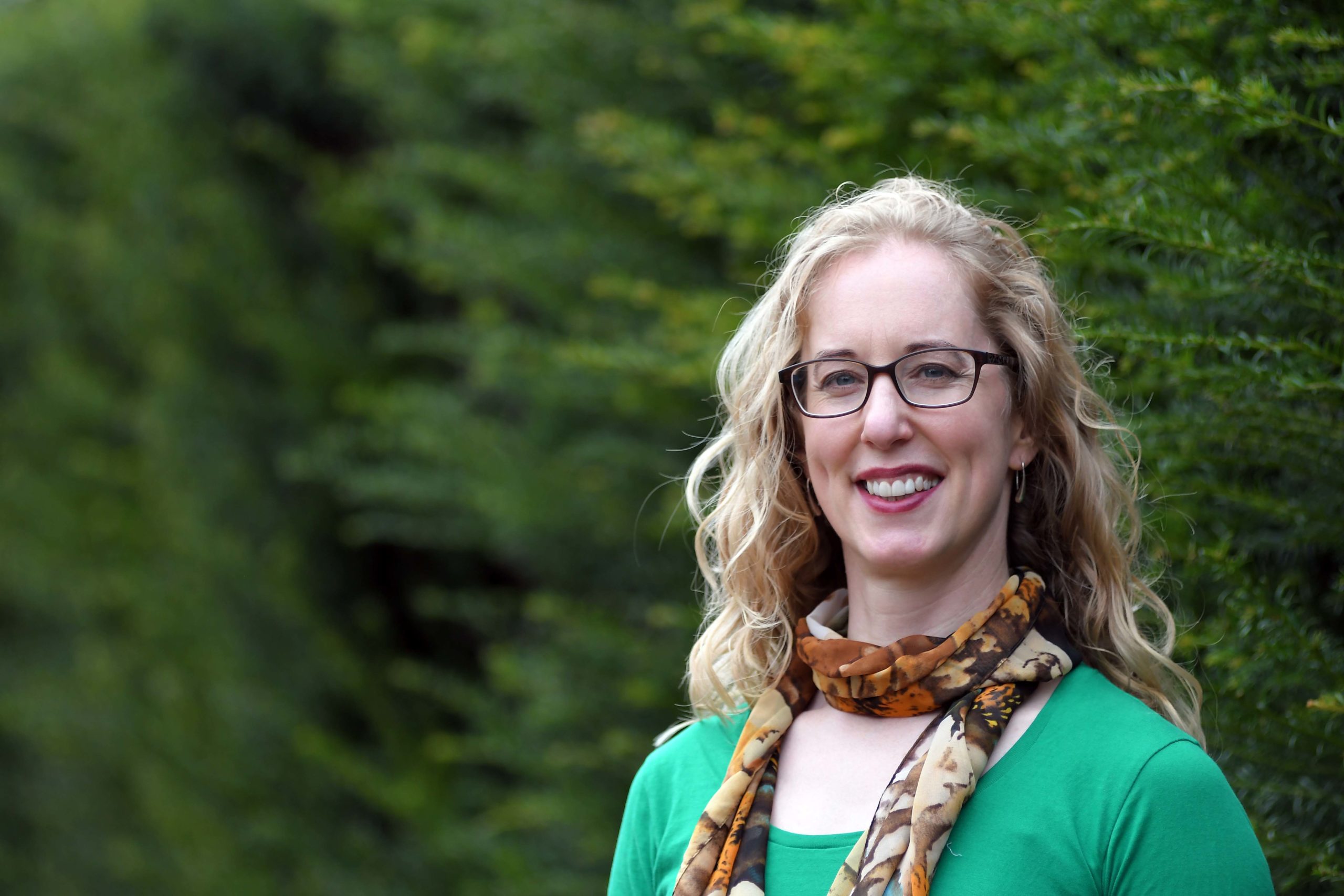Challenge Poverty week comes at a time when far too many people are experiencing a perfect storm of austerity and cuts. Fuel prices are surging at the same time as National Insurance costs are increasing, and furlough support is ending. To make matters worse, the UK government is choosing this moment to cut Universal Credit payments by over £1000 a year.
Almost every day I hear from constituents who are feeling stretched. They can see the effect that these cuts are having on their lives; young families who are locked in the grip of poverty, elderly people who have worked all their lives and are now unable to heat their homes, people earning below the real living wage who are stuck in a cycle of exploitative rents and unstable accommodation.
Poverty is multifaceted. People living in poverty are far more likely to be in unstable jobs, far more likely to experience poor physical and mental health, and to live in cramped and overcrowded accommodation.
The housing crisis is one of the key drivers of poverty. Rents have gone up, and, for many people, the thought of buying a house has become a pipedream, with costs having increased exponentially over the past decade.
According to Shelter Scotland, in September 2020 there were over 70,000 children on social housing waiting lists across the country. Research conducted by the Scottish Greens in 2019 found that there were 83,000 homes lying empty.
We are taking big steps with Greens in government. By 2032 we will deliver 110,000 affordable homes across Scotland and invest an additional £50 million over the parliament to tackle homelessness and rough sleeping. We will introduce new rights and protections for tenants, including rent controls.
We will also double the Scottish Child Payment to £20 a week, which will go some of the way to mitigating the impact of Downing Street’s cruel and unfair welfare cuts.
But it’s not just better accommodation and stronger social security that is needed, although they are vital. Poverty is structural, and so much of it begins with low wages and insecure jobs.
As we face up to the climate emergency, we must transition to a net zero economy. By investing in green industries, we can create a generation of good, sustainable and well-paid jobs. Jobs that are built to last.
Social and environmental justice must go together. If we are to protect the planet while tackling poverty, we will need a fair and just transition that creates good jobs and invests in our communities.
We cannot repeat the scenes of the past when industries were closed without any alternatives, leaving thousands of families without an income. We saw this in communities I represent such as Whitburn, many of which are still suffering the consequences to this day.
The pandemic has put an unparalleled strain on people and families across the country. It has exposed the fragility of our economy and the services that we all rely on.
It doesn’t need to be this way. There is nothing natural or inevitable about poverty. This generation has the technology and the skills to end it for good. We can build a fairer, greener and better country. The future can be brilliant, but only if we do things differently.


Enter your email address to receive regular e-updates about our work. If at any time you want to stop receiving these, simply contact us. We’ll keep your details safe and won’t share them with any other organisations for their marketing purposes. For full details see our Privacy Policy.